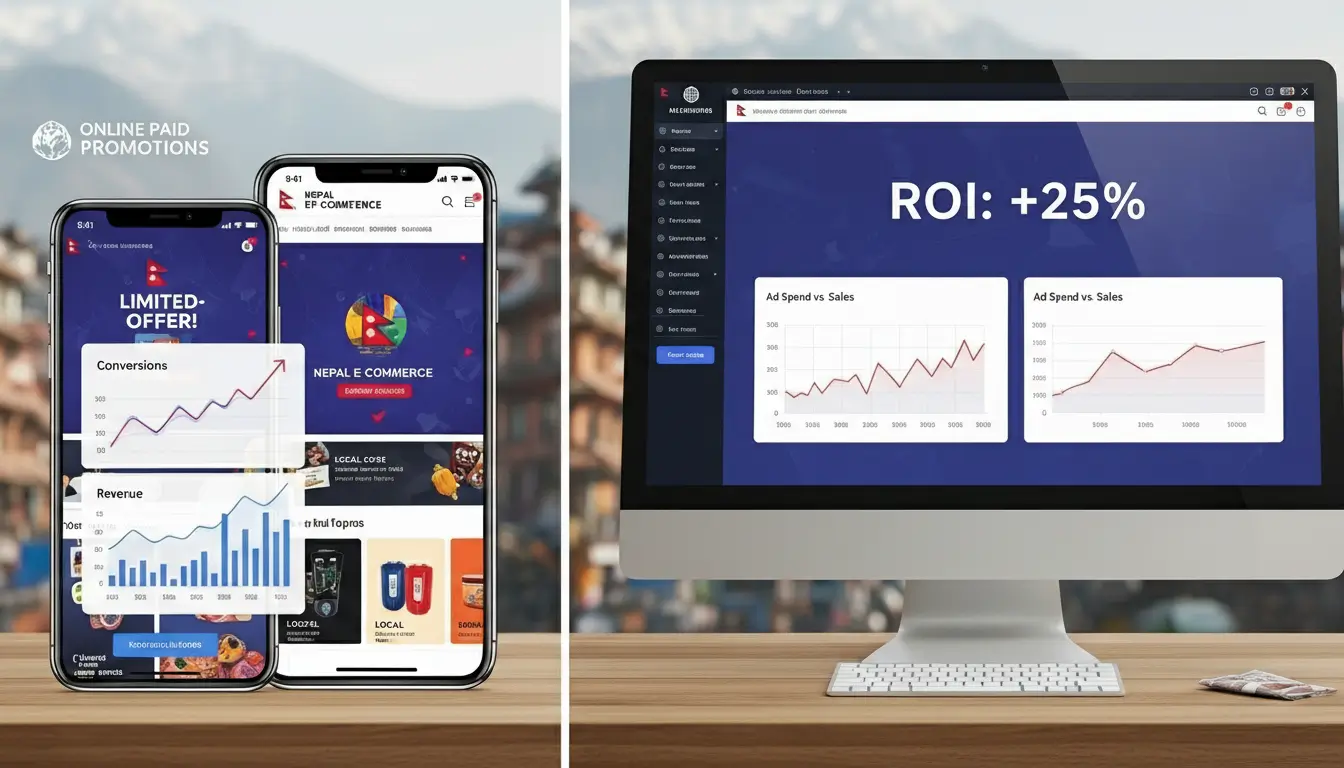In today’s generation, social media has become one of the convenient ways of marketing strategy for businesses of all sizes.
With many users involved in social media platforms like Facebook, Instagram, LinkedIn, and Twitter, it’s essential for every brand to make its online presence on these types of platforms to boost or increase its performance in these social media platforms.
This is where social media platforms come in place, to boost your brand’s online presence so that more people know and to increase your productivity.

Getting Started with Social Media Analytics Tools
1. Define your Goals:
Before diving into the Google Analytics tools, first, you have a clear concept of what you want to achieve from your social media presence. You have to determine your goal. Are you looking for brand awareness, or want to increase traffic or boost sales? Having a clear goal will help you focus on your efforts.
2. Choose the Right Tools:
Consider the right analytics tools that can fit your business. You have to consider the factors like costs, features, and easy-to-use tools for your business.
3. Set up Tracking:
After selecting an appropriate analytics tool, set up tracking to monitor relevant metrics.
Example: If you have chosen Google Analytics tools, then you have to create UTM parameters for your social media links to track traffic sources accurately.
4. Analysing Data Regularly:
Regularly analysing your social media data. Always look for trends, patterns that help to inform your strategy. You can also read the reports generated by analytics tools to see what areas you have to work on more.
5. Adjust your Strategy:
You can adjust your timing, strategy, posting time, and content as needed.
6. Stay Updated:
As you know, social media is continuously evolving. So you have to be up to date to see the changes and read the updated features, trends, and tools regularly.
Importance of Social Media Analytics Tools
Social media analytics tools help businesses to analyse or trace the performance, SEO, understand their target audience, and start to optimise the campaign. By analysing data from social media interaction, companies can make decisions that will enhance their marketing efforts.
Here are some reasons why social media analytics tools are necessary:
1. Performance Tracking
Social media analytics tools help in tracking the performance of the organisation on the basis of how your content is performing. Metrics such as likes, comments, views, shares, and click-through-rate help to show your posts’ performance.
Example: If a specific type of content gains significantly more than other content, then it indicates a trend worth capitalising on.
2. Understanding your target Audience:
Analytics tools help businesses to analyse their target audience and help on how to engage and provide more interest and engagement in their target market by analysing demographic data. These types of deep understanding of the target audience allow brands to create creative and relevant content, which helps in increasing the loyalty and trust towards the target audience.
Example: Coca-Cola’s “Share a Coke” campaign involves tracking popular names, which helps to boost sales and engagement by making the brand feel closer to the audience around the world.
3. Optimising Contents:
Businesses can optimise their content or schedule their content on the basis of the peak time or in real-time.
Example: If analytics shows that most of your audience is active on Sunday at 10 pm, then you can reschedule your posting time and date accordingly. This technique helps to maximise your marketing RIO.
4. Benchmarking and competitor Analysis:
Social media Analytics tools help businesses to their performance compared to their competitor. By comparing your metrics to industry standards, you can analyse your areas of improvement and establish realistic goals.
Popular Social Media Analytics Tools
Different types of analytics tools help to analyse your business on different social media platforms. Here are some of the popular analytics tools:

1. Google Analytics:
One of the most popular analytics tools is Google Analytics. It offers a wide range of analytics tools and social media tracking features. This tool allows you to trace the traffic coming from the different social media platforms to your websites and analyse the user behaviours. Adding UTM parameters to your URLs is required for setting social tracking, which helps to monitor the performance of individual campaigns.
2. Sprout Socials:
Sprout Social is a comprehensive social media management tool that provides detailed analytics from the various platforms. It has features like content performance analysis, engagement tracking, audience insights, and many more. Sprout Socials help businesses to analyse what resonates with their audience. It is a user-friendly interface that is used to generate a report and visualise the data from the report.
3. Hootsuite:
It is also one of the analytics tools that is used for social media management, scheduling, and analytics. Hootsuite’s dashboard provides insights into engagements, reach, and overall performance across multiple networks. Businesses use these tools to analyse or track specific campaigns and also monitor the competitors’ activity.
4. Buffer:
Buffer is one of the social media analytics tools used for scheduling and analyzing social media performance. It offers features like audience demographics, clicks, and insight through engagements.
5. Facebook Insights:
Facebook Insights is helpful to those businesses that are supposed to grow their target audience on Facebook. This tool helps to provide detailed analytics on the page performance, audience demographics, and engagement levels. Businesses can see which posts have engagements and can adjust their content to improve their performance.
Conclusion
Social media analytics tools are essential tools for today’s business to optimise their online presence in this digital world. Tracking the performance, analysing the records, and understanding the target audience’s needs using social media tools helps to improve the social media strategy. Choosing the right tools and approach according to your business goal is necessary for any business to be successful. So, whether you are just starting in the field of marketing or want to refine your existing strategy, leveraging analytics will set your path to success.


